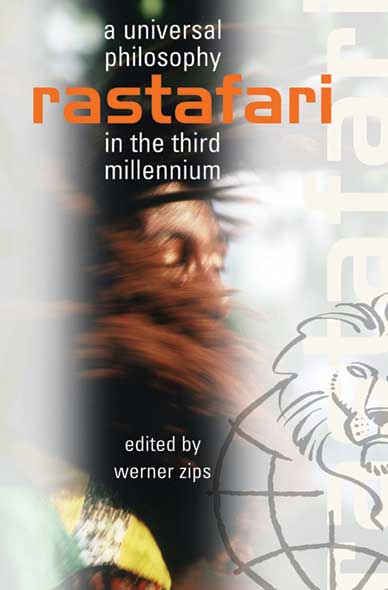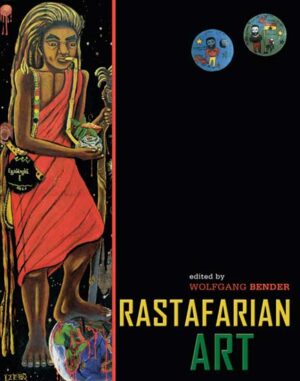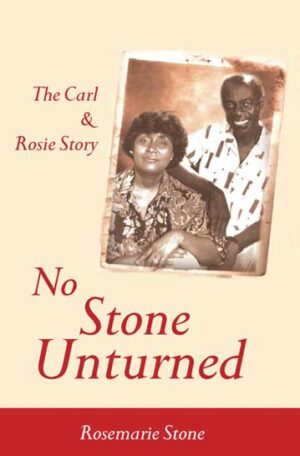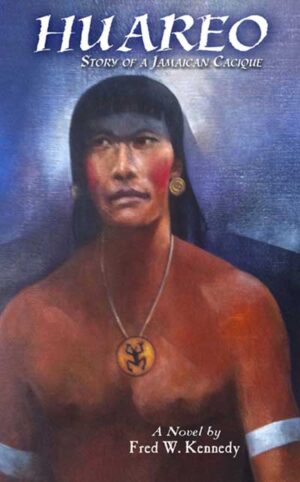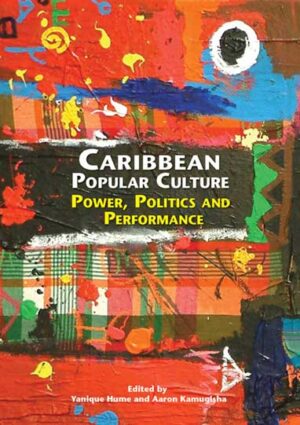Rastafari: A Universal Philosophy in the Third Millenium
$24.95
Description
Rastafari practitioners have continually resisted social sciences definition of what outsiders called a millenarian movement. They maintained against these efforts of categorization that Rastafari as a lived and living philosophy combines ancient roots with ever emerging routes.
These historical, dynamic and creative dimensions challenge any homogenizing attempts to freeze the ‘movement’ in time and space. African origins are as important as Diasporean experiences for Rastafari in the manifold struggles to downstroy slavery and oppression. But the strong universal appeal towards the realization of equal rights and justice implodes analytical and practical limitations of a Black Atlantic culture.
This volume brings together contributions from well-known Rastafari practitioners and social scientists as a counter to the unilateral politics of outside definition, identification, and misrepresentation. They discuss Rastafari as an experimental philosophy; its historical and contemporary global culture dimensions and its contribution to issues such as decolonization, reparation and repatriation.
Additional information
| Weight | 2 lbs |
|---|---|
| Dimensions | 9 × 6 in |
| ISBN | 978-976-637-227-9 |
| Binding | Paperback |
| Page Count | 345 |
| Publication date | 2006 |
Contents
Introduction – Rasta no Partial! The Globalization of Rastafari Philosophy and Culture – Werner Zips
RASTAFARI VOICES ON RASTAFARI
- The Meaning of Rastafari for World Critique: Rasta within a Universal Context – Barbara Makeda Blake Hannah
- The Contribution of Rastafarianism to the Decolonization of the Caribbean – Adisa Andwele
- Rasta from Experience – Mutabaruka
HISTORY AND NARRATION
- Marcus Garvey and the Early Rastafarians – Rupert Lewis
- Rastafari and Erna Brodber’s Black Space: Symbolic Strategies – Michael Hoenisch
AFRICA FOR THE FRICANS – THOSE AT HOME AND THOSE ABROAD
- Mutabaruka: The Return to the Motherland ; Notes on a Documentary Film of an African-Jamaican Artist’s His-Story of Africa – Werner Zips
- Ghana: Africa from Experience – Mutabaruka
- Reparations: Rastafari Pathway to World Peace – Barbara Makeda Blake Hannah
- ‘Reparation is a Must! The Rastafari Struggle to Utterly Downstroy Slavery – Werner Zips
(COUNTER)GLOBALIZATION AND DIASPORA
- The Dark Side of the City: Racilized Barriers, Culture and Citizenship in Britain c. 1950-1990s – Barbara Bush
- Afro-Caribbean Music as a Cohesion Factor of Identity – Anita Herzfeld
- Roots and Culture: Rasta Bushdoctors of the Cape, SA – Florian Kroll
- Being and Becoming a Rastafarian: Notes on the Anthropology of Religious Conversion – Stephen D. Glazier
- Rastafari and the Critical Tradition – Barry Chevannes
- Beyond the T – Three Sonnets – Gil Tucker

